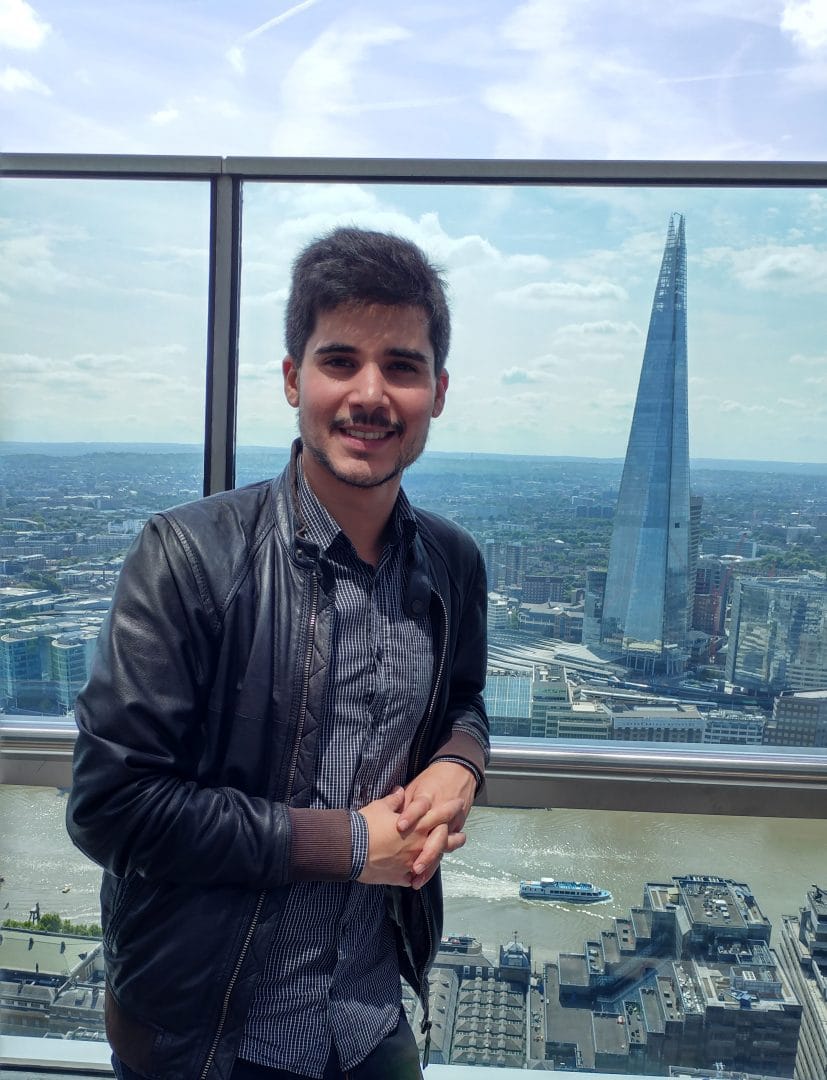
It is well known for investors, experts, entrepreneurs and the community in general that this year’s crypto-market performance hasn’t gone as well as it was first foresaw for analysts. In fact, changes from regulatory schemes and unrest regarding governance, mining and fraudulent ICOs, among others, have taken Bitcoin and other digital coins to all-time low. However, far from been deeply pessimistic about the near future, news from regulatory schemes about blockchain are always well received by the crypto market, or, at least, they should be.
The latest comes from the Swiss Blockchain Federation, which through the Federal Blockchain/ICO Working Group has released a report to support the path being taken by the Federal Council so companies can enjoy legal certainty in the near future. Whether we like it or not, regulation is the only way towards worldwide adoption, and Switzerland is one of those few countries pushing towards total regulation of blockchain related enterprises. This include those related to crypto, of course, and the controversial ICOs funding schemes.
On this occasion, the report picks up on several of the points raised in the white paper published by the Blockchain Taskforce (the predecessor to the Swiss Blockchain Federation) in early 2018. The Swiss Blockchain Federation is now calling for the report to be rapidly put into action with a binding agenda, so that blockchain companies can enjoy legal certainty in the near future. This is fundamental to further developing Switzerland as a blockchain location.

In recent years Switzerland has become one of the world’s leading locations for blockchain companies and business models. These companies need legal certainty. The publication of the report by the Federal Council marks an important step in this direction and provides a detailed survey of the legal challenges that these new business models create. The report does not call for a separate blockchain law, preferring to amend existing civil and financial market law. This reflects the objective of setting the framework conditions so that Switzerland can strengthen and extend its leading position in blockchain.
The fact that Switzerland is taking a pragmatic approach is to be welcomed. For Heinz Tännler, President of the Swiss Blockchain Federation, things are clear: “Legal implementation now needs to follow on quickly from this report. Switzerland needs this certainty as the basis for further development.” The 10-point program launched recently by the Swiss Blockchain Federation to strengthen blockchain technology in Switzerland also calls for a binding agenda from the regulator. This position paper spells out the social policy, regulatory and public interest issues that need to be settled if Switzerland is to be a successful blockchain location.
Several points in the federal report have been taken up from the white paper of the Blockchain Taskforce, out of which the Swiss Blockchain Federation emerged at the end of October 2018, such as a proposed change in civil law for transferring tokens. The Federal Council’s report also concurs with the analysis that it does not seem necessary to change anti-money laundering legislation at present, as the existing rules can also be applied to new business models.
The Swiss Blockchain Federation will continue to support the regulatory work constructively with the aim of strengthening and expanding the attractiveness of Switzerland as a blockchain Location.

Hernaldo Turrillo is a writer and author specialised in innovation, AI, DLT, SMEs, trading, investing and new trends in technology and business. He has been working for ztudium group since 2017. He is the editor of openbusinesscouncil.org, tradersdna.com, hedgethink.com, and writes regularly for intelligenthq.com, socialmediacouncil.eu. Hernaldo was born in Spain and finally settled in London, United Kingdom, after a few years of personal growth. Hernaldo finished his Journalism bachelor degree in the University of Seville, Spain, and began working as reporter in the newspaper, Europa Sur, writing about Politics and Society. He also worked as community manager and marketing advisor in Los Barrios, Spain. Innovation, technology, politics and economy are his main interests, with special focus on new trends and ethical projects. He enjoys finding himself getting lost in words, explaining what he understands from the world and helping others. Besides a journalist he is also a thinker and proactive in digital transformation strategies. Knowledge and ideas have no limits.




































